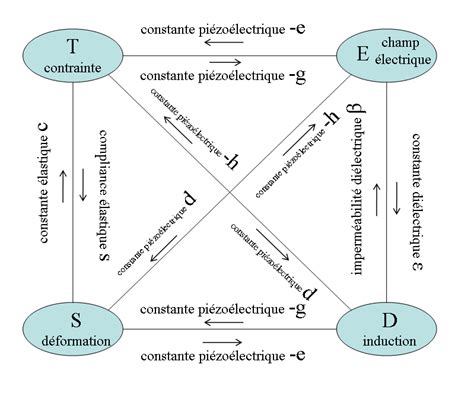Unpacking the Vortex of Projection

Understanding the Concept of Projection

Projection is a fundamental concept in psychology that refers to the process of attributing one’s own thoughts, feelings, or motivations to someone else. This can manifest in various ways, such as accusing others of having the same flaws or desires that we ourselves possess. Projection is a defense mechanism that helps individuals avoid confronting their own shortcomings or unacceptable impulses by redirecting them onto others.
The Vortex of Projection: A Cycle of Blame and Denial

When we project our own qualities onto others, it can create a complex and self-reinforcing cycle. This cycle, which we’ll refer to as the “vortex of projection,” can be broken down into several stages:
- Stage 1: Unconscious Awareness We become aware of a particular trait or desire within ourselves, but it’s not something we’re willing to acknowledge or accept.
- Stage 2: Projection We attribute this unwanted quality to someone else, often in an attempt to distance ourselves from it.
- Stage 3: Reinforcement We begin to see the world through the lens of our projection, interpreting the other person’s behavior as evidence of the trait we’ve attributed to them.
- Stage 4: Denial As the cycle continues, we become increasingly invested in our projection, denying any suggestions that we might be the ones possessing the unwanted quality.
Recognizing the Signs of Projection

To break free from the vortex of projection, it’s essential to recognize the signs that you’re engaging in this behavior. Here are a few key indicators:
- Excessive Criticism If you find yourself consistently criticizing others for the same flaws or shortcomings, it may be a sign that you’re projecting your own qualities onto them.
- Defensiveness When confronted with criticism or feedback, do you become overly defensive or dismissive? This could be a sign that you’re trying to avoid confronting your own flaws.
- Blame-Shifting If you frequently shift the blame for your own mistakes or shortcomings onto others, it may indicate that you’re engaging in projection.
Overcoming the Vortex of Projection

Breaking free from the cycle of projection requires self-awareness, honesty, and a willingness to confront your own flaws and shortcomings. Here are a few strategies to help you overcome the vortex of projection:
- Self-Reflection Take the time to reflect on your own thoughts, feelings, and motivations. Be honest with yourself, and try to identify areas where you might be projecting onto others.
- Empathy and Understanding Practice empathy and try to see things from other people’s perspectives. This can help you develop a more nuanced understanding of their thoughts and feelings.
- Accountability Take ownership of your mistakes and shortcomings. Recognize that you’re not perfect, and that it’s okay to make mistakes.
📝 Note: Overcoming the vortex of projection is a process that takes time, effort, and self-awareness. Be patient with yourself, and don't be afraid to seek help from a mental health professional if needed.
Conclusion

The vortex of projection is a complex and self-reinforcing cycle that can have a profound impact on our relationships and overall well-being. By recognizing the signs of projection, practicing self-awareness, and taking steps to overcome this behavior, we can break free from the cycle and develop a more authentic and empathetic understanding of ourselves and others.
In the end, it’s up to each of us to take responsibility for our own thoughts, feelings, and actions. By doing so, we can create a more compassionate and understanding world, one where we’re free to be ourselves without fear of judgment or rejection.
What is the difference between projection and paranoia?

+
While both projection and paranoia involve attributing one’s own thoughts or feelings to others, the key difference lies in the motivation behind the behavior. Projection is often a defense mechanism used to avoid confronting one’s own flaws or shortcomings, whereas paranoia is typically characterized by a persistent and unfounded fear of persecution or harm.
Can projection be a sign of a deeper psychological issue?

+
Yes, excessive or persistent projection can be a sign of underlying psychological issues such as low self-esteem, anxiety, or personality disorders. If you find that you’re consistently engaging in projection, it may be helpful to seek the advice of a mental health professional.
How can I help someone who is engaging in projection?

+
If someone you know is engaging in projection, it’s essential to approach the situation with empathy and understanding. Avoid becoming defensive or confrontational, as this can reinforce their behavior. Instead, try to help them see things from a different perspective, and encourage them to take responsibility for their own thoughts and feelings.



